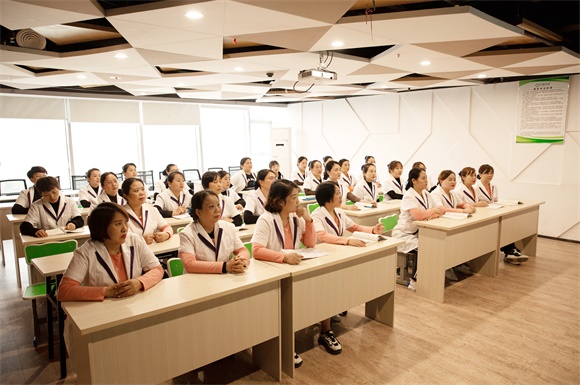Title: How to Secure Your Perimeter with a Security Fence
Introduction:
Securing your perimeter is an essential aspect of any property, be it a residential home, a commercial building, or an industrial complex. A security fence is one of the most effective ways to achieve this. In this article, we will discuss the importance of a security fence, the types of security fences available, the factors to consider when installing a security fence, and how to maintain it.
Importance of a Security Fence:
A security fence serves as a physical barrier to protect your property from unauthorized access, vandalism, theft, and other security threats. It helps in deterring potential intruders and provides a visible warning that the property is protected. A security fence also helps in maintaining the privacy of the inhabitants and ensures the safety of children and pets within the property.
Types of Security Fences:
There are various types of security fences available in the market, each with its own set of advantages and disadvantages. Some of the most common types of security fences include:
1. Chain Link Fence: Chain link fences are made of interconnected metal wires forming a mesh-like structure. They are strong, durable, and cost-effective, making them a popular choice for security fencing.
2. Barbed Wire Fence: Barbed wire fences consist of a series of sharp wires arranged in a zigzag pattern. They are a more aggressive form of security fence and are effective in deterring intruders.
3. Wooden Fence: Wooden fences are made of wooden planks or boards arranged in a pattern. They provide a more aesthetic look to the property and can be designed to suit the architectural style.
4. Aluminum Fence: Aluminum fences are made of aluminum extrusions or panels. They are lightweight, durable, and resistant to corrosion, making them an ideal choice for security fencing.
5. Glass Fence: Glass fences are made of toughened glass panels. They provide a transparent barrier and are often used in areas where aesthetics are a priority.
Factors to Consider When Installing a Security Fence:
When installing a security fence, there are several factors to consider to ensure it meets your security needs effectively. These include:
1. Budget: Determine your budget for the security fence installation. Keep in mind that the cost of the fence will depend on the type of fence material, design, and size of the property.
2. Property Size and Shape: Consider the size and shape of your property to determine the length and design of the security fence. It is essential to ensure that the fence covers the entire perimeter of the property.
3. Security Level: Determine the level of security you require. For instance, if you are located in a high-crime area, you may need a more aggressive form of security fence, such as a barbed wire fence.
4. Aesthetics: Consider the aesthetics of the security fence. If you want the fence to blend in with the surroundings, you may opt for a wooden fence or a glass fence.
5. Local Regulations: Check with your local authorities for any regulations or permits required for installing a security fence.
Maintenance of a Security Fence:
Regular maintenance is crucial to ensure that your security fence remains effective in protecting your property. Some tips for maintaining your security fence include:
1. Inspection: Regularly inspect the fence for any signs of damage or wear and tear. Address any issues immediately to prevent further damage.
2. Cleaning: Clean the fence to remove any dirt, dust, or debris that may accumulate on it. This will help maintain the appearance of the fence and prevent corrosion.
3. Painting or Staining: Apply a coat of paint or stain to the fence periodically to protect it from the elements and ensure it remains in good condition.
4. Welding or Repairs: If the fence sustains any damage, have it repaired or welded immediately to maintain its structural integrity.
Conclusion:




